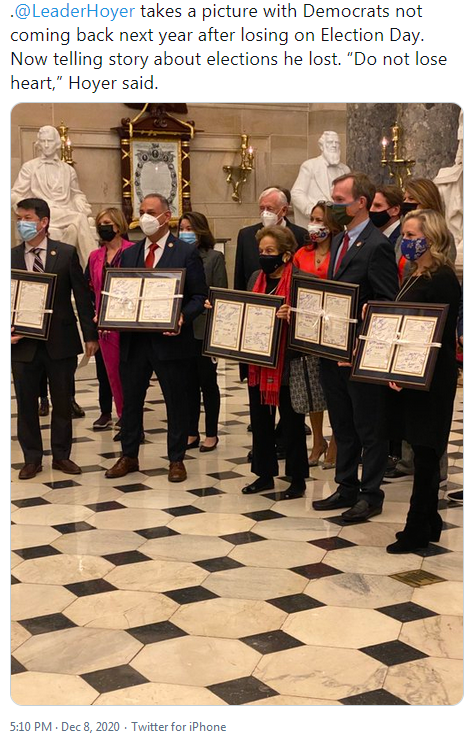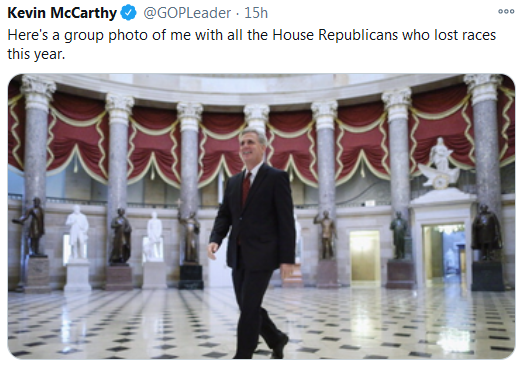The Wall Street Journal has an opinion on the nature of Texas’ suit against four other States regarding their conduct of the 2020 Presidential election in their States.
This legal analysis will upset many readers….
The Editors’ analysis is itself flawed:
Can a state be harmed by the way other states conduct their elections?
and
This one [Texas’ suit] concerns election law in states other than Texas.
And many other, similar statements. These are attempts to change the subject that would make Saul Alinsky proud.
The case Paxton, et al., have brought to the Supreme Court is about the defendant four States’ violations of their laws, not about those laws themselves, and through those violations, those States’ violations of our Constitution. Of course, one State cannot be harmed by the way other States conduct their elections—unless those States conduct their elections in illegal ways. In that case, the harm is grave, indeed.
There’s this, too, regarding the harm the States of Texas, et al., suffered, as summarized by Hans von Spakovsky, writing in The Daily Signal:
Additionally, the one-person, one-vote principle “requires counting valid votes and not counting invalid votes.” This damaged Texas because in “the shared enterprise of the entire nation electing the president and vice president, equal protection violations in one state can and do adversely affect and diminish the weight of votes cast in states that lawfully abide by the election structure set forth in the Constitution.”
Thus, the question is whether a State can be harmed by another State’s disregard for the Constitution that binds them together and that other State’s violation(s) of its own election laws. Whether one State can be harmed by the way another State conducts its elections is a cynically offered strawman.
With regard to the remedy Texas is requesting, the press—not only the WSJ—has distorted that as well, claiming that Texas wants the elections in those States thrown back to those States’ legislatures. What Texas actually is asking is this, again as summarized by Spakovsky:
The state is asking for a declaratory judgement that the administration of the election by Pennsylvania, Georgia, Michigan, and Wisconsin violated the Constitution; that their Electoral College votes cannot be counted; and to order that these states “conduct a special election to appoint presidential electors.”
If the states have already appointed their presidential electors, Texas asks that their legislatures be directed “to appoint a new set of presidential electors in a manner that does not violate the Electors Clause and the Fourteenth Amendment, or to appoint no presidential electors at all.”
Of course, a special election or any other manner that does not violate the Electors Clause and the Fourteenth Amendment need not be done solely by any State’s legislature.
Regarding already completed certifications (another concern of the WSJ), if those certifications were of illegally achieved outcomes, there is nothing lost and everything gained by setting them aside. The inconvenience to some of the set-aside isn’t relevant.
One last point. The press is constantly claiming that these efforts are aimed at overturning the election results. This, too, is an Alinsky-esque distortion of impressive magnitude. The results of the election are what the people decided with our collective votes. These efforts—the Texas effort in particular—is about upholding the election results by removing the obstacles of those four States’ illegally conducted election processes. Until those obstacles are removed, we cannot know the people’s choice, we cannot know the election’s outcome.
In the event, the Supreme Court declined Friday night to hear Texas’ case.


